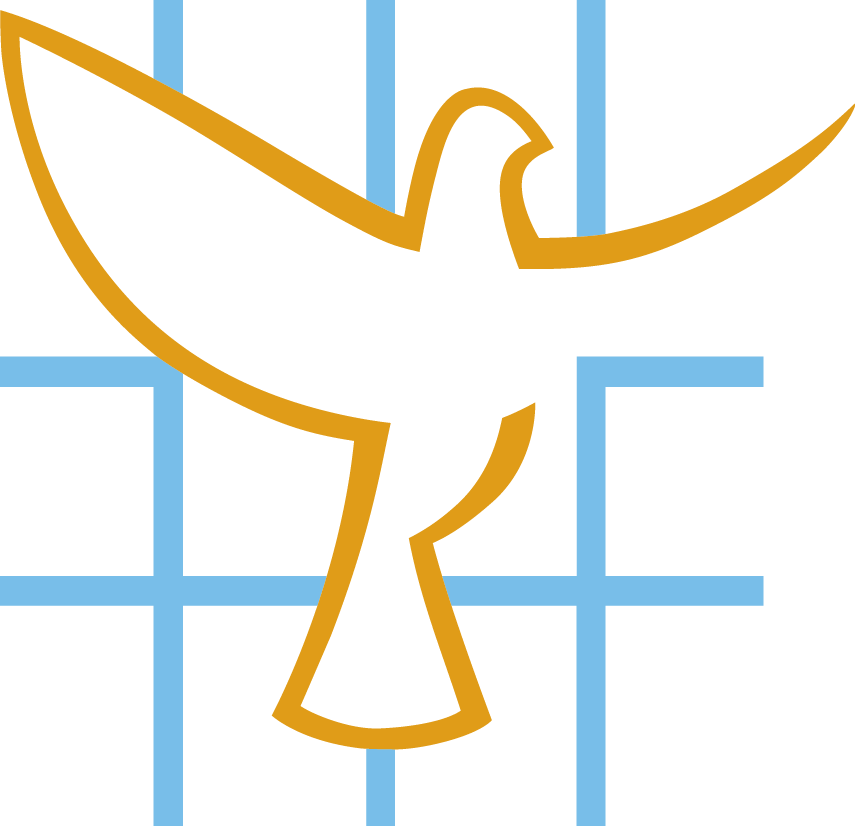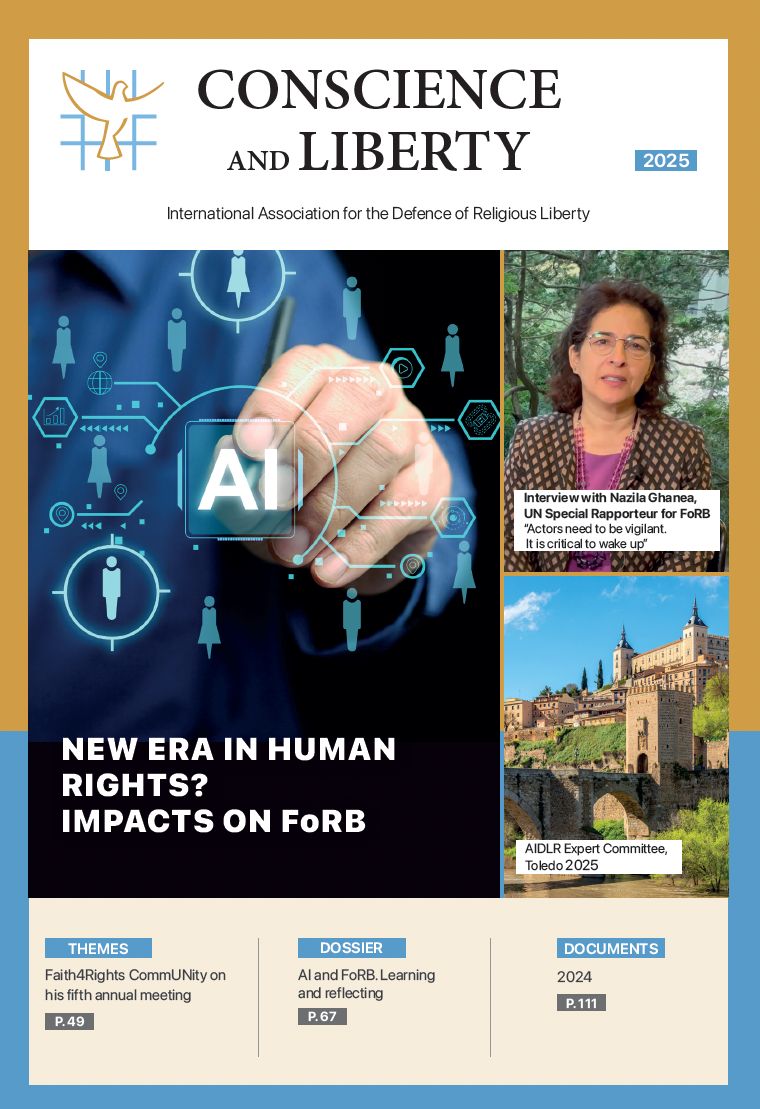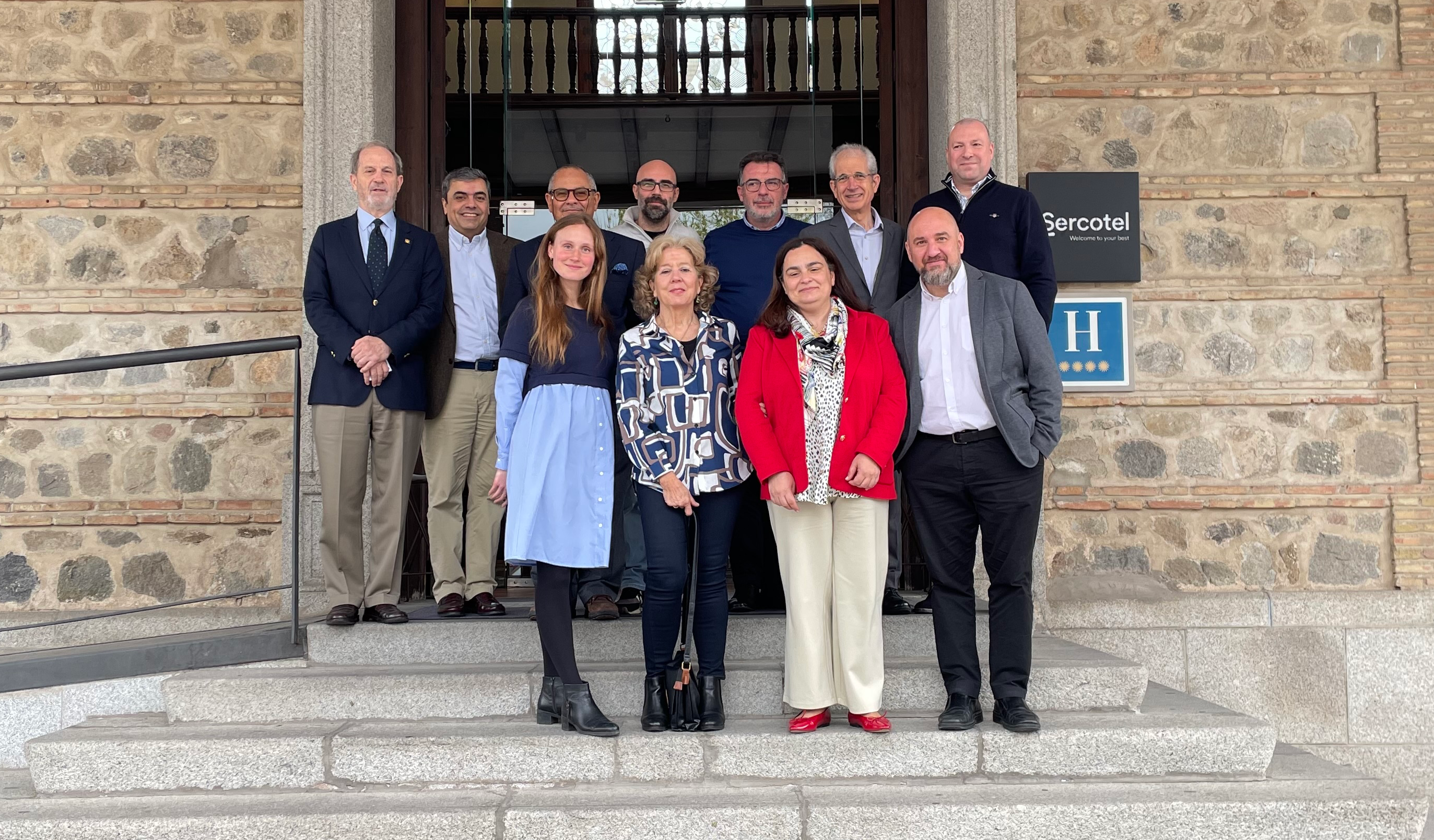The following statement was issued by Dr. Liviu Olteanu after his keynote address delivered at G20 Interfaith Summit in Potsdam, Germany, on 17 June 2017. Objectives on How to Combat the Shrinking Space of Civil Society: 1. To enhance understanding of the relationship between “civil society space” – due to its role as forerunner, communicator, supervisor and facilitator –, and “governments and their policy” on Human Rights, Sustainable Development Goals (SDGs), Freedom of Religion or Belief (FoRB), ‘Peace’ and ‘Security’. 2. To identify challenges in combating the adverse effects of reducing freedom of civil society (religious communities and NGOs). 3. To highlight knowledge, lessons learned on bad and good practices between States, international organizations and other relevant stakeholders on development, religion and interfaith dialogue, peace and security (see the paradigm on Dialogue Five Framework). 4. C20 to discuss ways to promote a structured and sustained exchange of Critical reflection, Political perspectives and Cooperation among civil society and policy-makers in G20 countries and beyond …regarding ‘Power’, ‘Conflict resolution’ and ‘Relational Identity’, through vigilance of human rights, SDGs, religion, peace and security. In addressing all 17 SDGs, governments bear important responsibilities, while the civil society has a role to play as forerunner, communicator, supervisor and facilitator. Consequences of the shrinking space of civil society by State actors: government restrictions and smear campaigns disrupt civil society organizations’ access to policymakers and state institutions; growing the social and political harassment; discrimination and persecution of religious minorities; an inefficient network of religious communities and NGOs and a lack of unity among civil society organizations. NGOs and religious communities always must speak up!; a lack of effectiveness of civil society on reaching its goal; dictatorship and manipulation by states, and manipulation by non-state actors.
To counter pressures toward reducing the freedom of civil society: 1. Active participation and solidarity of civil society to the needs of the country by humanitarian programs. 2. Education and training on diversity and interfaith dialogue. Dialogue and communications between cultures, religions and governments. 3. Activists must forge new domestic and international partnerships and to reach a broad audience with their work. 4. National lobby and international campaigns of support on behalf of civil society. DIALOGUE FIVE FRAMEWORK® – a Paradigm for Human Rights, SDGs, Religious Liberty, Peace and Security. As a civil society, we need to evaluate the ‘Power of our Relational Identity’ with the states and to see how it can be built…



